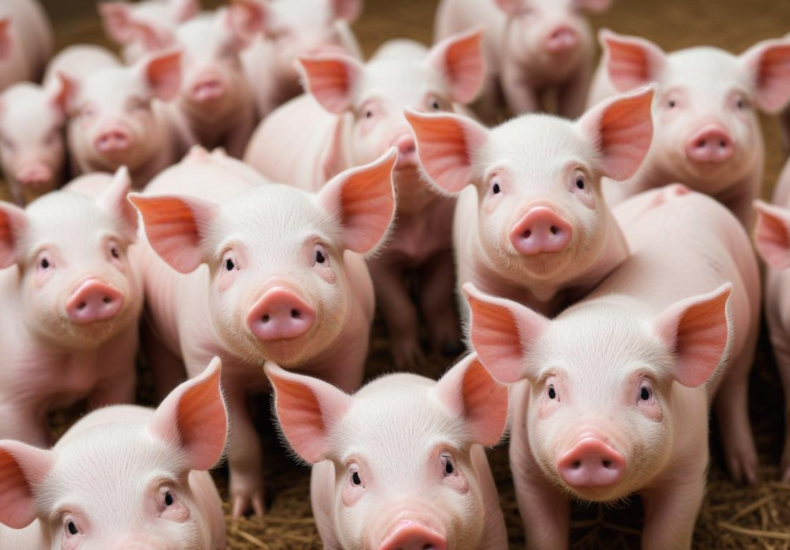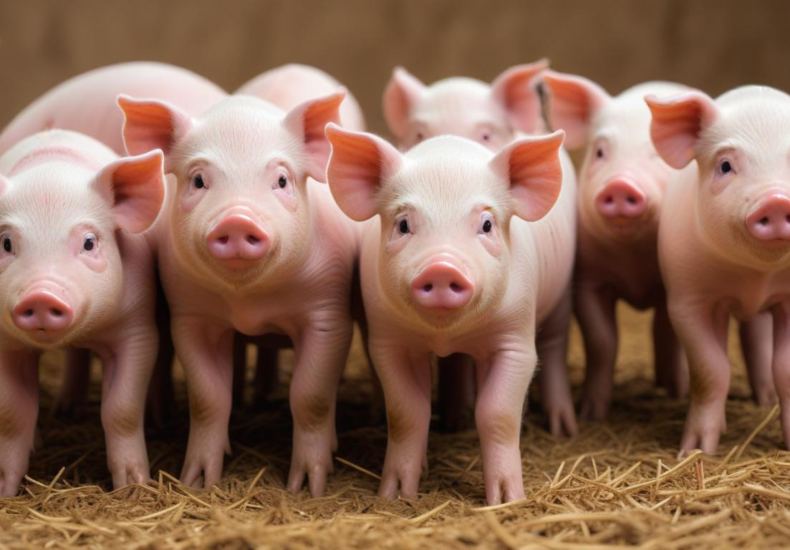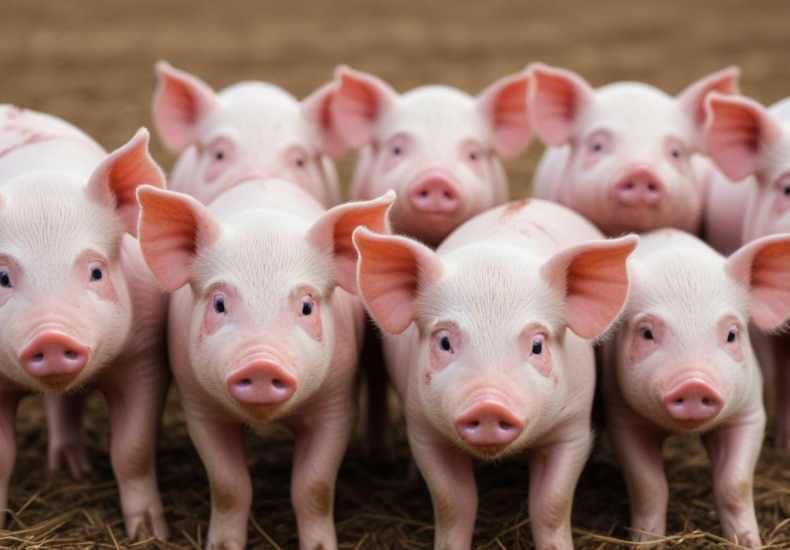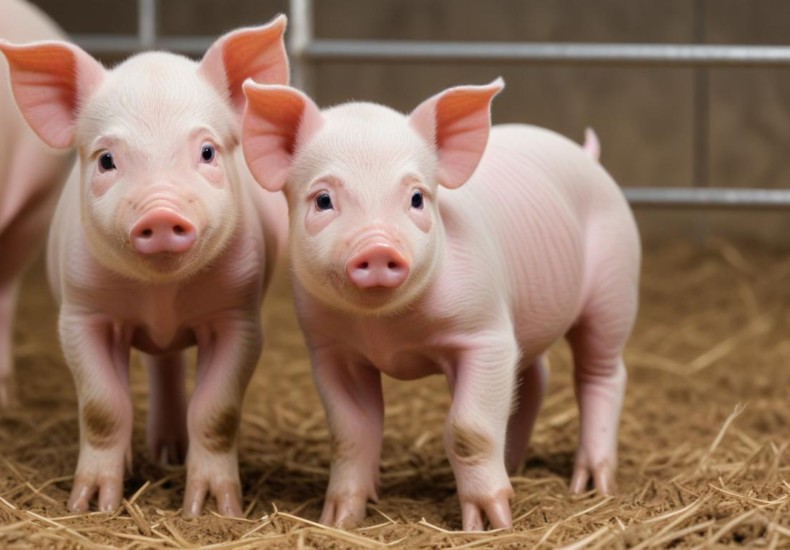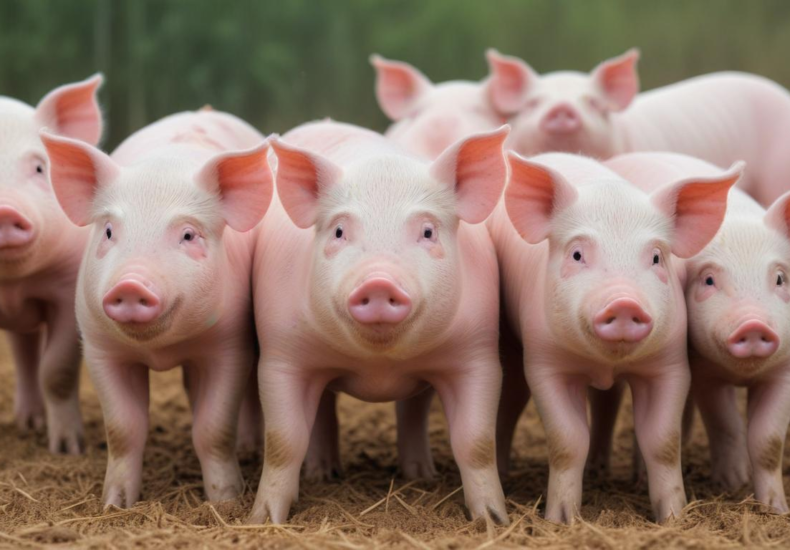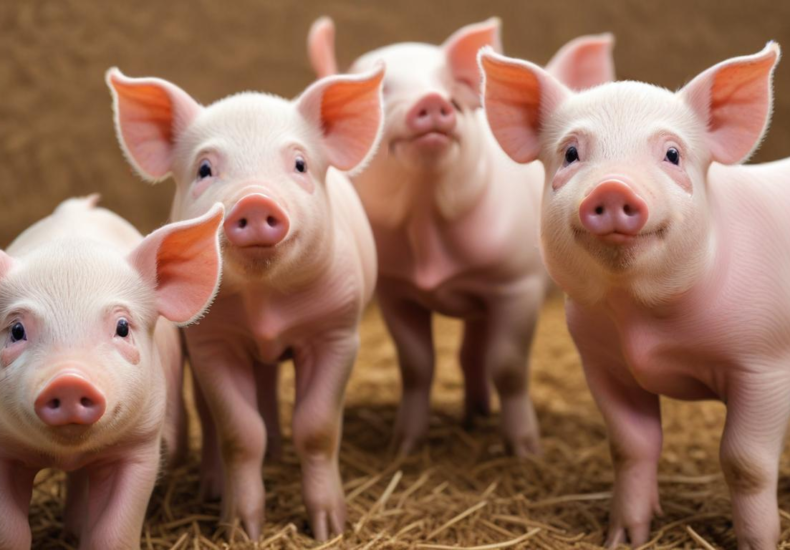how gene editing is changing pig breeding
Gene editing technology is revolutionizing pig breeding, offering unprecedented speed and precision in altering genetic traits. Techniques such as CRISPR-Cas9 enable breeders to enhance growth rates, disease resistance, and overall animal welfare while reducing reliance on antibiotics. The economic benefits are significant, with potential increases in feed efficiency and profitability for producers. As this technology develops, it promises to reshape farming practices and address ethical concerns, sparking vital discussions on sustainability and animal health in the livestock industry. The future of agriculture may depend on these groundbreaking advancements.
why genetic diversity matters in pig breeding
Genetic diversity is essential for the health and viability of livestock, particularly in pig breeding. It enhances adaptability to environmental changes and improves resistance to diseases, fostering stronger and more resilient populations. However, challenges such as inbreeding, selective breeding practices, and shifting market demands threaten this diversity. Understanding the factors influencing genetic variability, including population size and breeding strategies, is crucial for developing effective solutions. By embracing proactive measures and collaborative efforts, the future of pig breeding can become more sustainable and adaptable. Discover how breed diversity can transform agricultural practices and livestock health.
genetic resistance to diseases in pigs
Genetic resistance in pigs is crucial for enhancing livestock health and productivity. Research reveals the role of specific genes, particularly within the Major Histocompatibility Complex, and their interactions with environmental factors in bolstering disease resistance. Advances in genomic technologies and breeding strategies are reshaping our understanding, promising to identify genetic variants that improve immunity and overall health. This multifaceted approach highlights the intricate relationship between genetics, immune function, and disease resilience in swine populations, paving the way for optimized breeding programs. Discover how these insights could transform pig farming practices.
genetic approaches to improving piglet survival
The genetic foundation of piglet survival is intricate, involving a variety of traits such as birth weight, morphological features, and health status at birth. Key factors influencing resilience and development include genetic diversity and advanced breeding techniques. Emerging technologies, including genomic selection and machine learning, hold promise for enhancing piglet vitality and adaptability. Collaborative efforts among geneticists and farmers aim to optimize breeding strategies, addressing both genetic potential and environmental challenges. As research progresses, innovative approaches are set to reshape pig production for better health and survival rates.
how environmental factors interact with pig genetics
The relationship between genetics and environment is pivotal in determining the growth, health, and reproductive success of pigs. Understanding how factors like temperature, humidity, and nutrition interact with genetic traits can enhance breeding strategies. By selecting for specific adaptations and improving living conditions, producers can optimize pig productivity while ensuring animal welfare. Explore how tailored approaches can contribute to more resilient swine populations in a changing climate.
genetic correlation of growth and reproduction in pigs
Delving into the genetic foundations of growth and reproduction in pigs reveals the intricate interplay of multiple genes influencing these vital traits. As breeding programs evolve, understanding heritable variations and genetic correlations becomes crucial. This knowledge could reshape strategies, balancing improvements in growth without compromising reproductive performance. Advanced genomic technologies and innovative analytical methods open new frontiers for optimizing livestock breeding. As researchers unveil the complexities of these traits, the quest for healthier pigs and sustainable production systems intensifies, promising exciting developments in swine genetics.
piglet birth weight and genetic factors
Piglet birth weight is influenced by a complex interplay of genetic, nutritional, and environmental factors. Key elements such as maternal size, gestational age, and litter size can significantly affect outcomes. Genetic traits related to growth and health, along with optimal nutrition, play critical roles in determining birth weights. Understanding these dynamics is essential for swine producers aiming to enhance piglet survival and overall health through informed breeding strategies and improved management practices. Explore the intricacies of optimizing birth weights in swine farming for better production efficiency and animal welfare.
the impact of gene flow in pig populations
Gene flow is a vital mechanism that enhances genetic diversity in pig populations, significantly influencing their adaptability and resilience. The movement of genes through natural migration and breeding practices, such as artificial insemination, helps mitigate the risks of inbreeding and promotes overall health. Understanding these dynamics is essential for breeders and conservationists, as they play a crucial role in improving traits like disease resistance and productivity. This intricate relationship between gene flow and genetic health holds important implications for agricultural practices and the sustainability of pig populations.
the basics of Mendelian inheritance in pigs
Mendelian inheritance is foundational in understanding how genetic traits are transmitted in pigs, influencing everything from coat color to growth rates. Breeders leverage principles like dominant and recessive alleles to predict outcomes and enhance desirable traits. Innovations in genomic technologies promise to further refine breeding practices, allowing for more precise selections and improved health management. As complexities of genetic interactions unfold, pig breeders are equipped to navigate challenges while paving the way for sustainable practices in animal husbandry. Discover the intricate relationship between genetics and pig breeding.
how selective breeding improves pig genetics
Selective breeding is reshaping the future of pig farming by enhancing key genetic traits crucial for productivity and sustainability. By targeting qualities like growth rate, feed efficiency, and disease resistance, breeders are cultivating pigs that meet rising market demands in an environmentally conscious manner. Advances in genomic technologies and data analytics are revolutionizing how breeders make informed selections, paving the way for healthier livestock. As the industry evolves, the integration of sustainable practices becomes paramount, ensuring that the next generations of pigs contribute positively to both economic viability and ecological stewardship.
Archives
Calendar
| M | T | W | T | F | S | S |
|---|---|---|---|---|---|---|
| 1 | ||||||
| 2 | 3 | 4 | 5 | 6 | 7 | 8 |
| 9 | 10 | 11 | 12 | 13 | 14 | 15 |
| 16 | 17 | 18 | 19 | 20 | 21 | 22 |
| 23 | 24 | 25 | 26 | 27 | 28 | |
